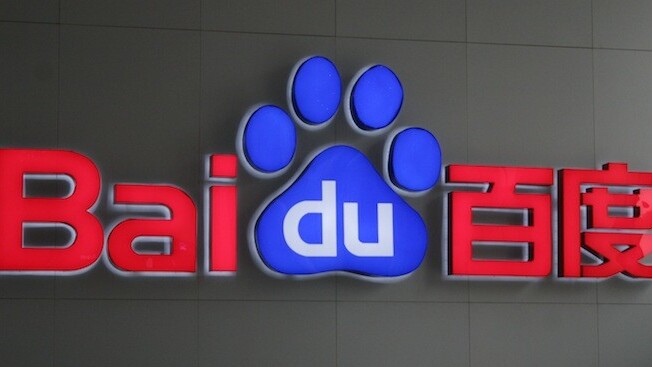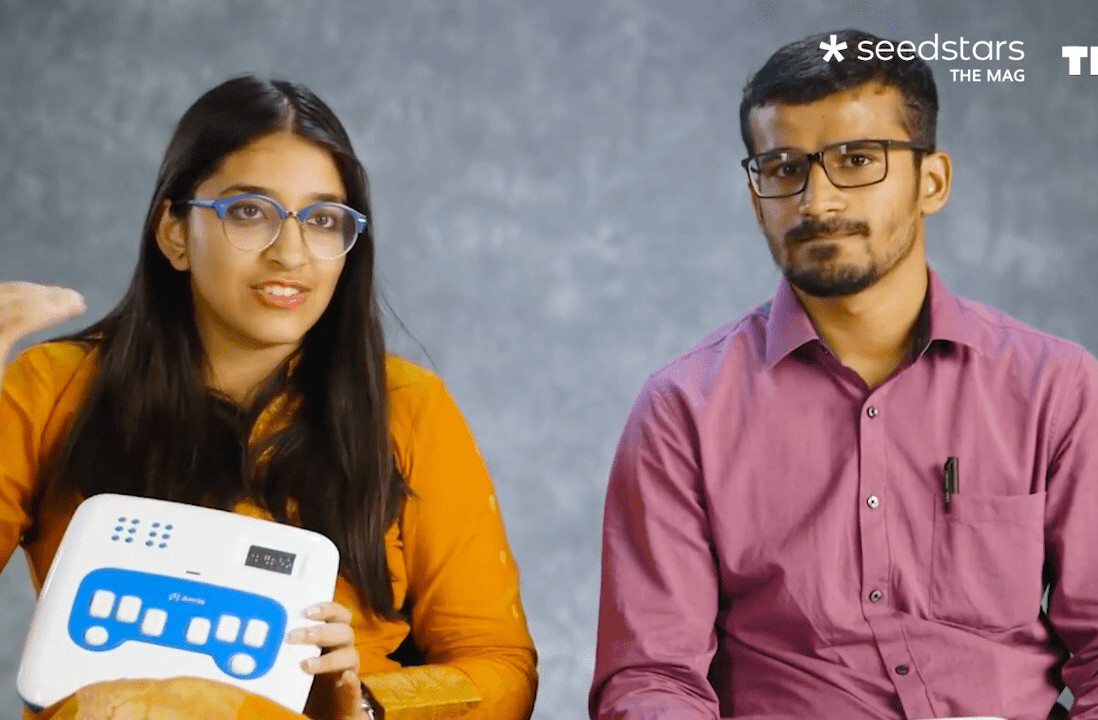
Chinese search giant Baidu has for the first time partnered up with another company on a hackathon. Ford was the lucky partner, as the two hosted an event over the weekend that used Baidu’s developer tools to build apps designed for the car maker’s Sync AppLink system.
The 24-hour event featured individuals as well as teams of Baidu engineers and produced 26 voice-controlled apps for the platform.
Baidu opened up new music and facial recognition APIs for the hackathon. As I noted late last month, Baidu has been testing a facial recognition search engine.
One app combined both APIs to make an interesting safety feature that monitors drivers’ facial expressions and then plays a high-volume song to keep them from falling asleep. I could definitely use this app when I drive.
Other solutions included apps for dictating text messages and Weibo microblog posts. One engineer won a trip to next month’s Mobile World Congress for her multiple choice quiz game, which ranks players against other drivers. It sounds fun, but I imagine Ford might have difficulty convincing some governments to let users play games on their phones while driving.

“We look forward to future cooperation with makers of other devices like televisions or home appliances,” Baidu’s Chief Product Architect Sun Yunfeng said in a statement. “Baidu has talent, technology and quality content to offer in fields like music, voice recognition and facial recognition.”
Baidu plays a similar role in the Chinese market as Google does in the US, so it’s interesting to see it running these kinds of developer events. The partnership with Ford is an important one, as Baidu will need to collaborate with multinational corporations across many industries as it expands overseas.
Ford just launched the developer program for Sync AppLink in early January at CES. It received over 1,000 developer applications in just 48 hours after opening up its SDK.
Get the TNW newsletter
Get the most important tech news in your inbox each week.




